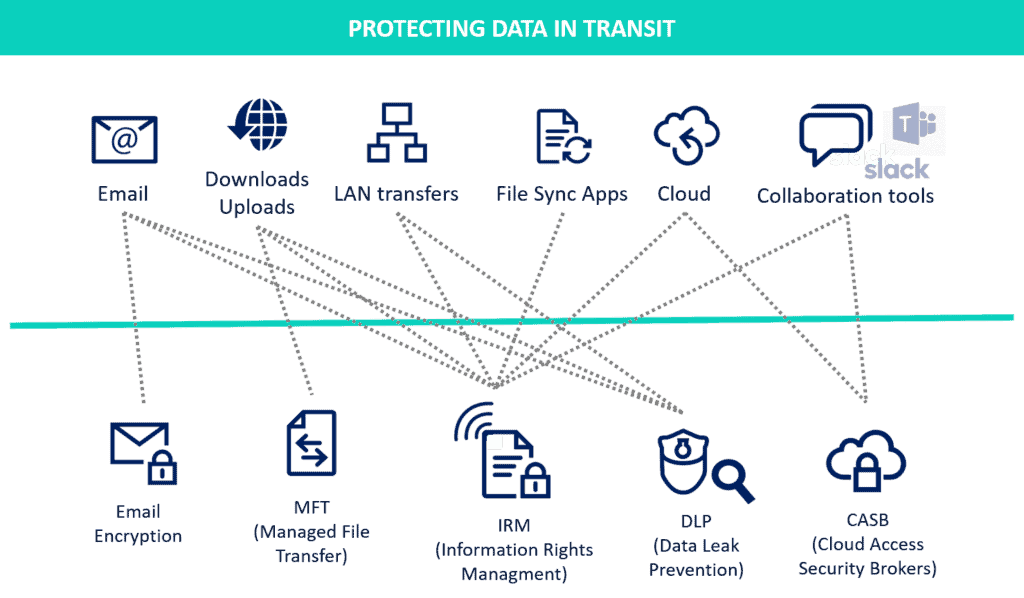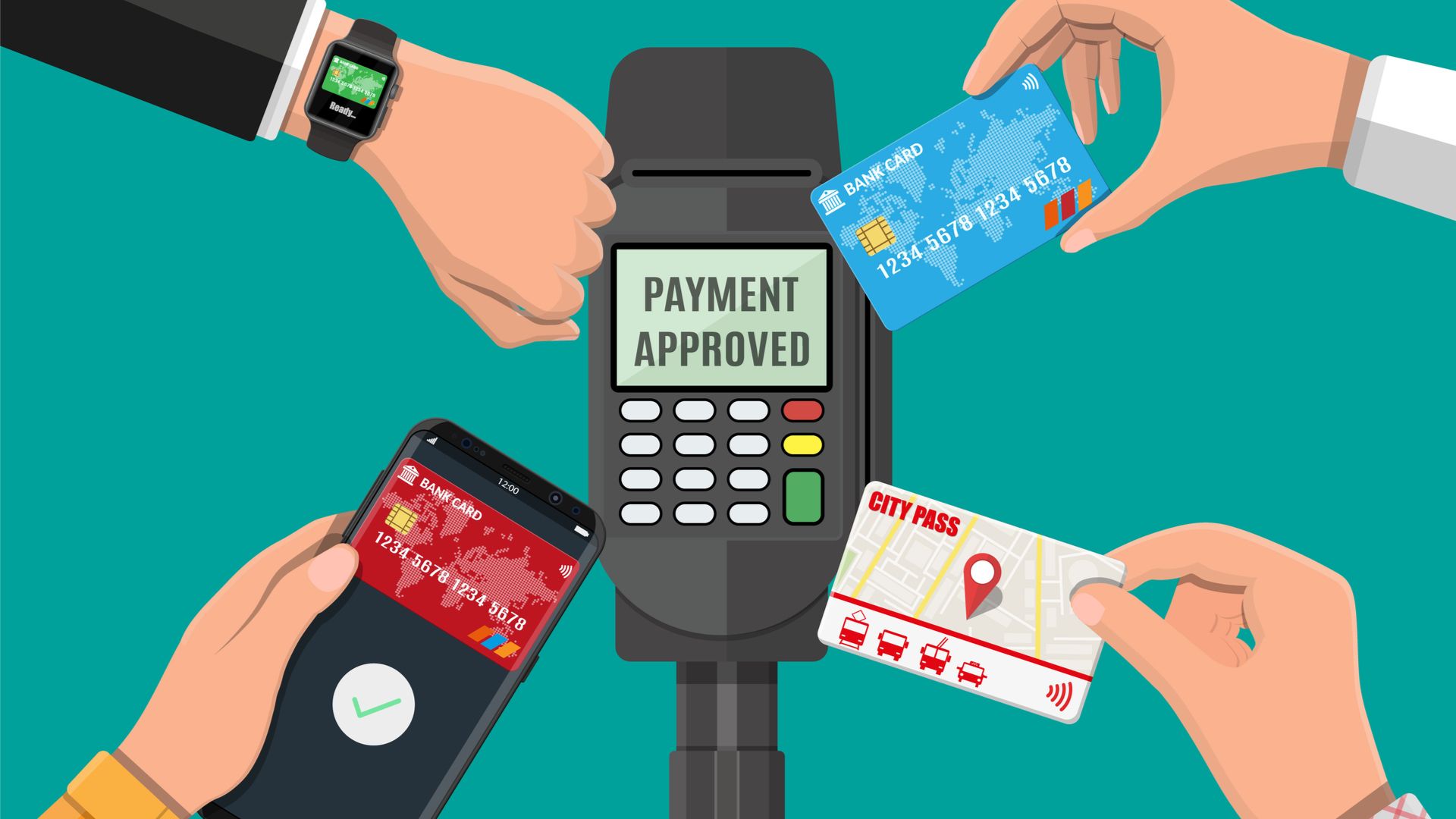Data security is a top priority, especially as more consumers engage with online and mobile financial services. For fintech companies, educating customers on how to protect their data is equally as important as developing secure technologies. As Eric Hannelius, CEO of Pepper Pay, points out, customer education is a shared responsibility that strengthens overall security. “We can implement the most advanced security measures, but if customers aren’t aware of the risks and how to protect themselves, there’s still vulnerability. Empowering customers with knowledge creates a safer environment for everyone.”
Why Educating Customers is Essential in Fintech.
With increasing digital payment options and online transactions, many consumers may not fully understand the security measures available to them or the risks they might face online. Companies can enhance protection by fostering awareness and providing practical, user-friendly advice on secure behaviors. Educating customers improves security and builds trust, making clients feel that their safety is a priority.
Eric Hannelius emphasizes, “An informed customer is a protected customer. When people understand the risks and the steps they can take to secure their information, they’re more confident and capable when using digital financial tools.” Educating customers on security is an investment in a fintech company’s reputation, as it helps prevent breaches and builds credibility.

Key Areas of Customer Education:
- Understanding Phishing and Social Engineering Scams
Phishing remains one of the most common methods cybercriminals use to gain unauthorized access to sensitive information. Fintech companies can educate customers on recognizing phishing emails, suspicious links, and fake login pages. Companies should explain common tactics used in phishing attempts, such as impersonation or urgent messaging.
“Phishing scams can look extremely legitimate, making it difficult for users to spot the difference. By teaching customers to verify links, use trusted contact channels, and avoid sharing sensitive information via email, we help them avoid these traps,” Eric Hannelius shares.
- Encouraging Strong, Unique Passwords and Secure Authentication
Password reuse is a common security risk, and many people still use weak passwords across multiple accounts. Fintech companies can guide customers on creating strong, unique passwords and using password managers to keep track of them securely. Another essential aspect of account security is enabling multi-factor authentication (MFA), which adds a layer of protection by requiring verification beyond a password.
Eric Hannelius notes, “Multi-factor authentication should be a top choice for every customer. Educating users on how to set it up and why it’s effective helps them take a proactive role in securing their accounts.”
- Promoting Regular Account Monitoring
Encouraging customers to monitor their accounts for any unusual activity can significantly reduce the impact of potential fraud. If users know how to quickly identify and report suspicious transactions, they are less likely to experience extensive losses. Fintech platforms can provide simple instructions for regular account checks and guidance on what to look out for.

- Using Secure Networks and Devices
Many customers are unaware of the risks associated with using public Wi-Fi networks for financial transactions. Fintech companies can educate users on the importance of using secure networks and avoiding public connections when accessing sensitive information. They can also encourage customers to keep their devices and apps updated, as these updates often include security patches.
“Protecting data goes beyond passwords and logins. We advise users to stick to secure networks and always update their devices, which is an easy yet effective way to protect their information,” says Eric Hannelius.
- The Role of Data Privacy Settings
Fintech platforms often provide various privacy settings that give users control over their personal information. However, some users may be unaware of these options or unsure how to use them effectively. By offering straightforward guidance on privacy settings, fintech companies empower customers to decide how their data is shared and who has access to it.
Eric Hannelius adds, “Our customers should feel in control of their data. We encourage them to explore privacy settings and make choices that align with their comfort level.”
Educating customers on data security is essential for any fintech company committed to safety and trust. The most effective approach to security combines advanced technological defenses with a knowledgeable customer base. By fostering a culture of awareness and empowering users to take control of their data, companies like Pepper Pay are setting new standards in customer-focused security.

Eric Hannelius concludes, “Data security isn’t something we take lightly, and neither should our customers. By educating and supporting them, we can help create a more secure digital environment where they can fully trust the financial tools they’re using. It’s a partnership that benefits everyone involved.”
Fintech companies that make data security education a priority are protecting their customers and building stronger, more resilient financial ecosystems.











